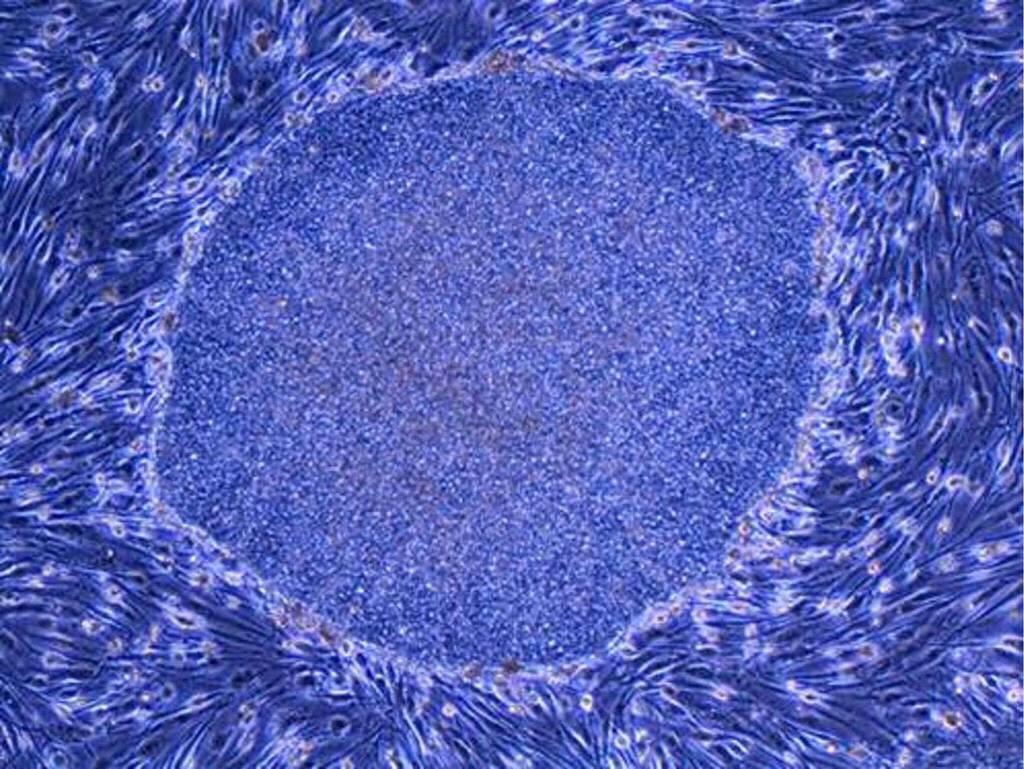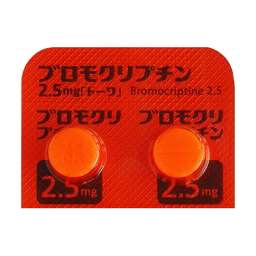

iPS drug discovery: The world’s first clinical trial of Alzheimer’s disease: 7 hospitals at Kyoto /Mie Univ
Drug discovery with iPS:
Administer “drugs that have been confirmed to have an effect of reducing Alzheimer’s disease/causative substances in an experiment using iPS cells” to patients.
“We will conduct a clinical trial of Alzheimer’s disease with this drug,” a research team from Kyoto University and others announced on the 4th.
The clinical trial will start on the 5th, and the drug is expected to start later this month.
This is the world’s first clinical trial of Alzheimer’s disease using drug discovery using iPS cells.
Alzheimer’s disease:
Excessive accumulation of amyloid beta protein in the brain causes cognitive disorders and the like.
There is no cure, and by 2050 there will be over 100 million patients worldwide.
Patients in the trial:
The clinical trials were conducted at 7 institutions including Kyoto University and Mie University affiliated hospitals.
The subjects were 10 patients with hereditary Alzheimer’s disease who had mild to moderate cognitive impairment.
No public offering will be made.
Remedies to be administered:
Administered Parkinson’s disease drug
“Bromocriptine” three times a day,
Administered over 36 weeks,
Confirm safety and effectiveness.
Aim to improve the symptoms by suppressing the progress.
Drug Discovery with iPS Cells: Development Process
Reproduce the disease state by making iPS cells from the patient’s skin and converting them into brain neurons.
The effect of suppressing the production of amyloid beta was investigated by administering about 1200 existing drugs.
As a result, “it was found that bromocriptine reduced the amount of production in half,” which led to this clinical trial.
Sankei News
https://www.sankei.com/smp/life/news/200604/lif2006040023-s1.html
Investigator-initiated clinical trial for familial Alzheimer’s disease
- Haruhisa Inoue, Professor, Center for CiRA, Kyoto University,
- Hidekazu Tomimoto, Mie University Graduate School of Medicine,
- Haruhiko Banno, Associate Professor, Kyoto University Graduate School of Medicine,
is leading a new investigator-initiated clinical trial to study safety and efficacy of TW-012R (bromocriptine, Towa) for Alzheimer’s disease patients with mutations in presenilin-1 gene1).
This study consists of an initial double-blind trial period2) and the latter open-label trial period2).
A new clinical trial notification
was approved by the Pharmaceuticals and Medical Devices Agency (PMDA), and the clinical trial starts at the participating institutes.
CiRA Junior Associate Professor Takayuki Kondo Prof. Inoue
have prepared iPS cells derived from Alzheimer’s patient and differentiated them into cortical neurons3) to screen efficacy of medicinal compounds.
Many of these agents have been marketed as approved medicine for treating other diseases.
One of the main causes of Alzheimer’s disease is an accumulation of amyloid beta protein in the brain.
Thus, agents that abbreviate its accumulation will be effective for Alzheimer disease.
Our screening4) results identified bromocriptine with the most potent effect among the screening compounds.
Bromocriptine is an approved medicine with indications Parkinson’s syndrome and pituitary disorders such as hyperprolactinaemia in Japan.
CiRA | Center for iPS Cell Research and Application, Kyoto University
https://www.cira.kyoto-u.ac.jp/e/pressrelease/news/200609-150000.html